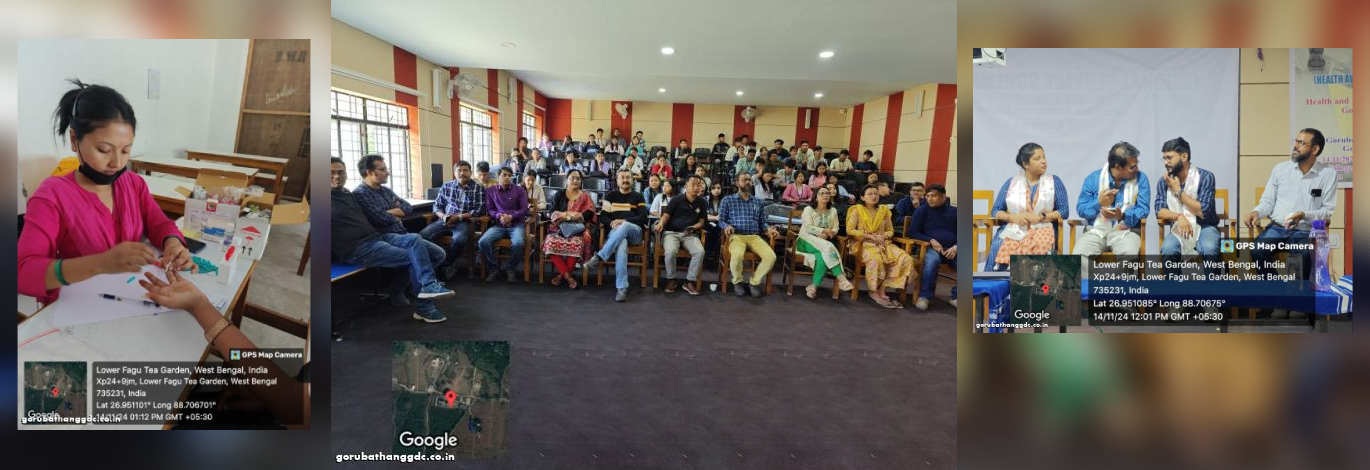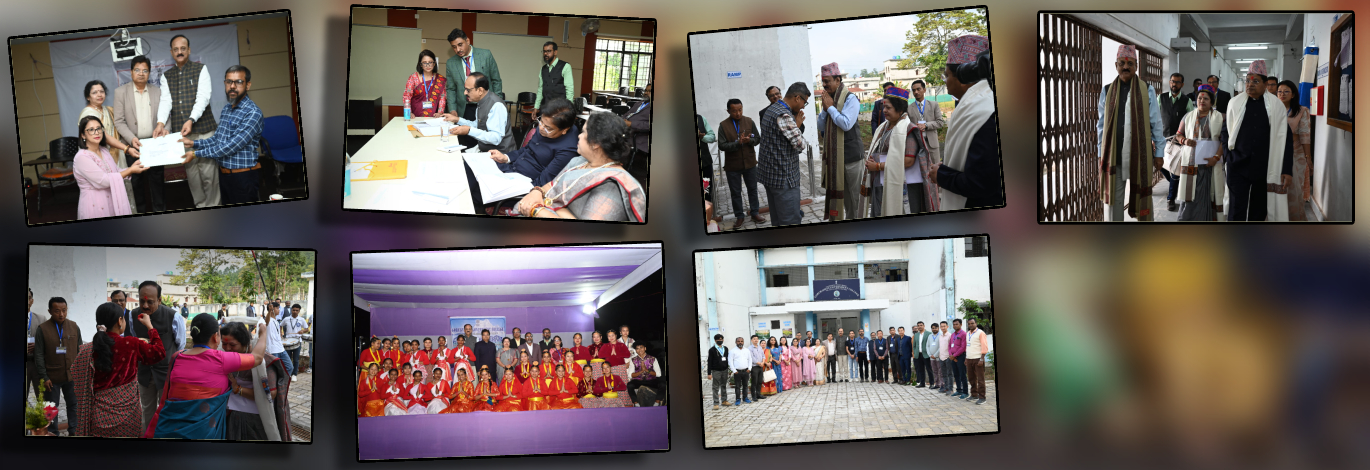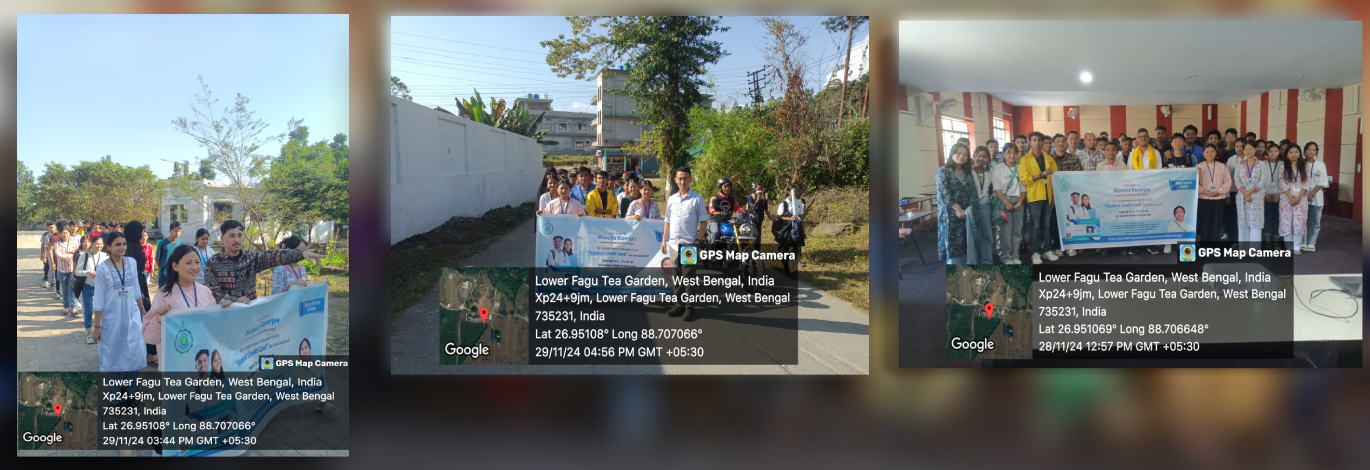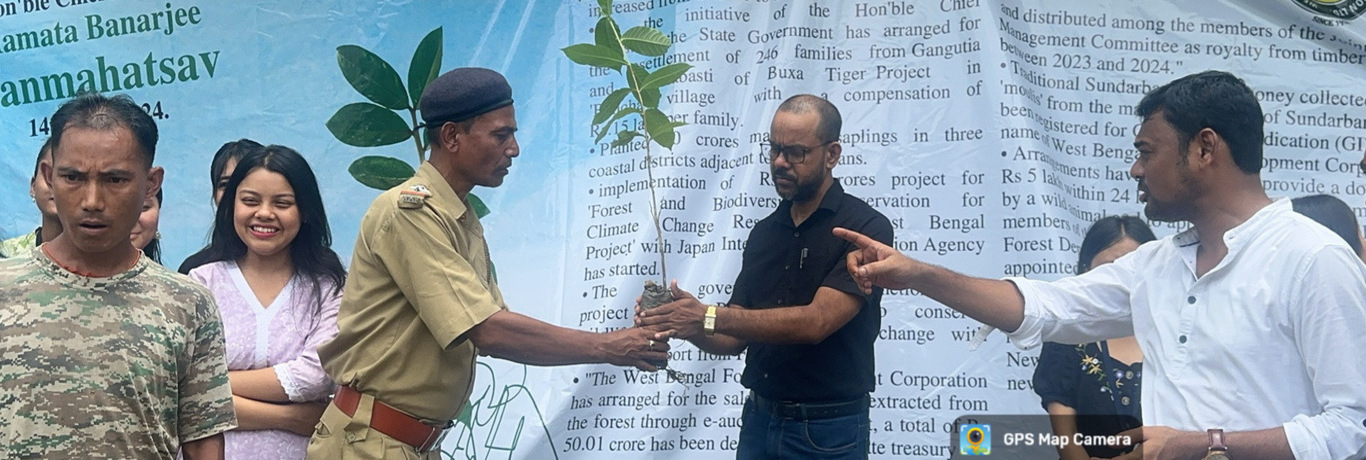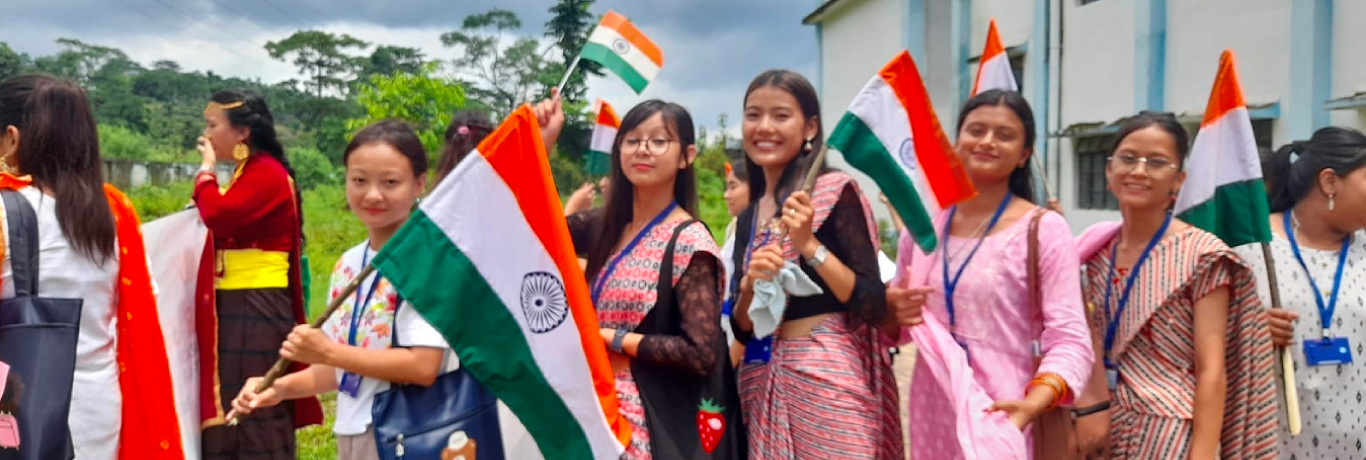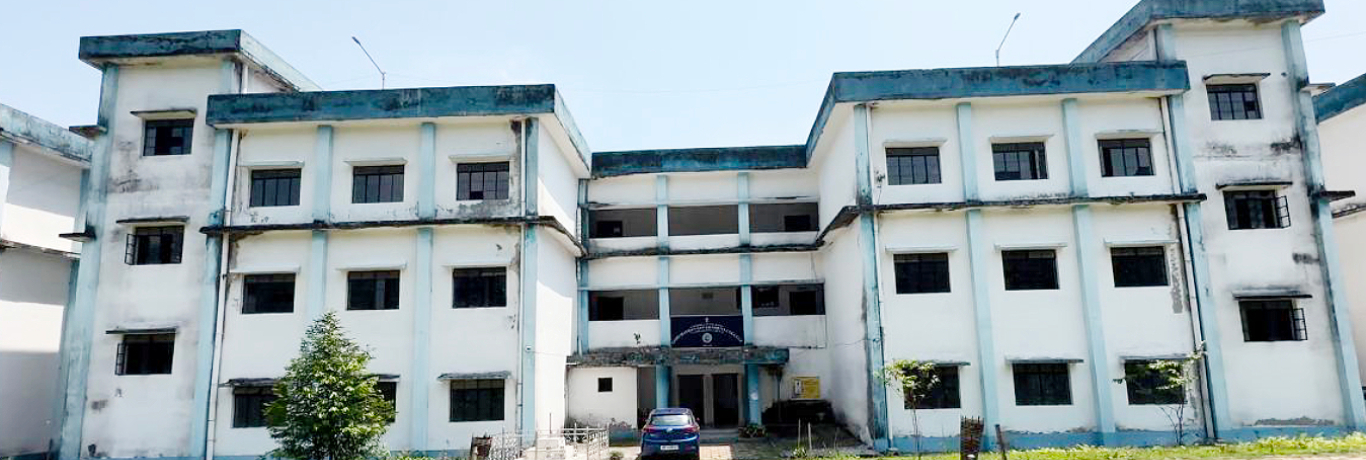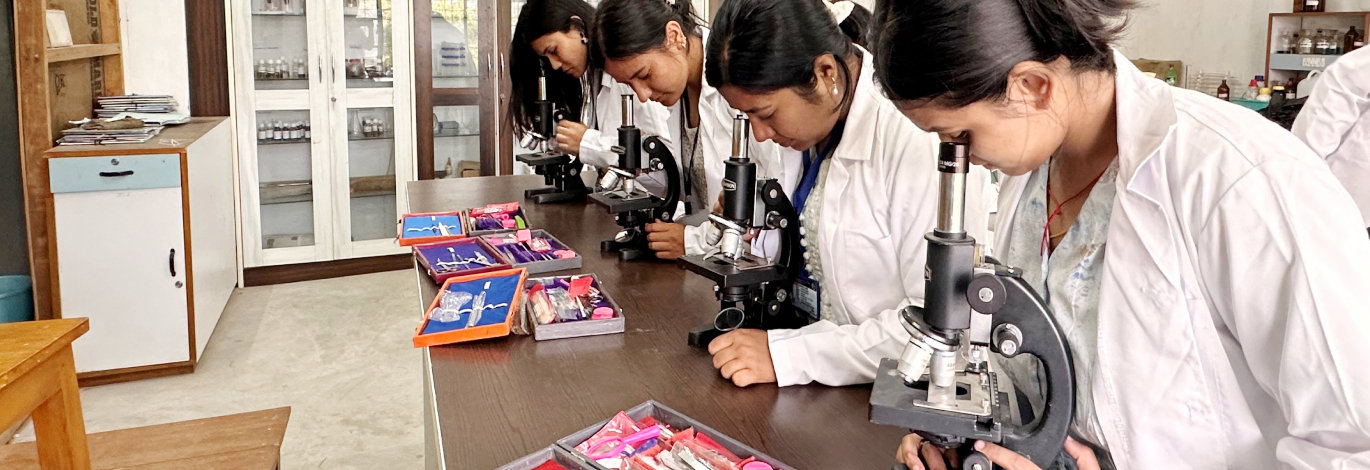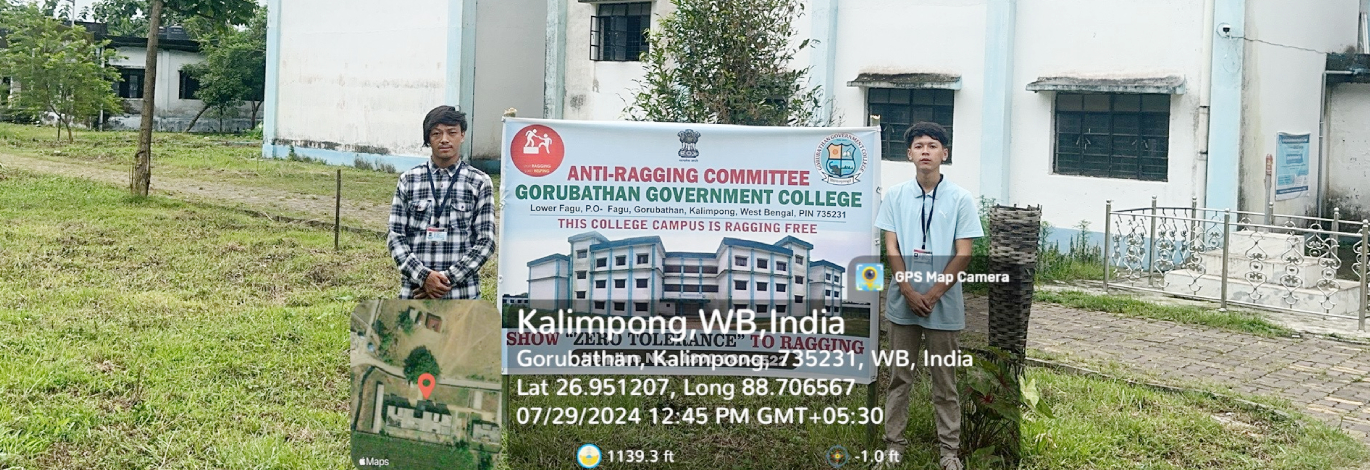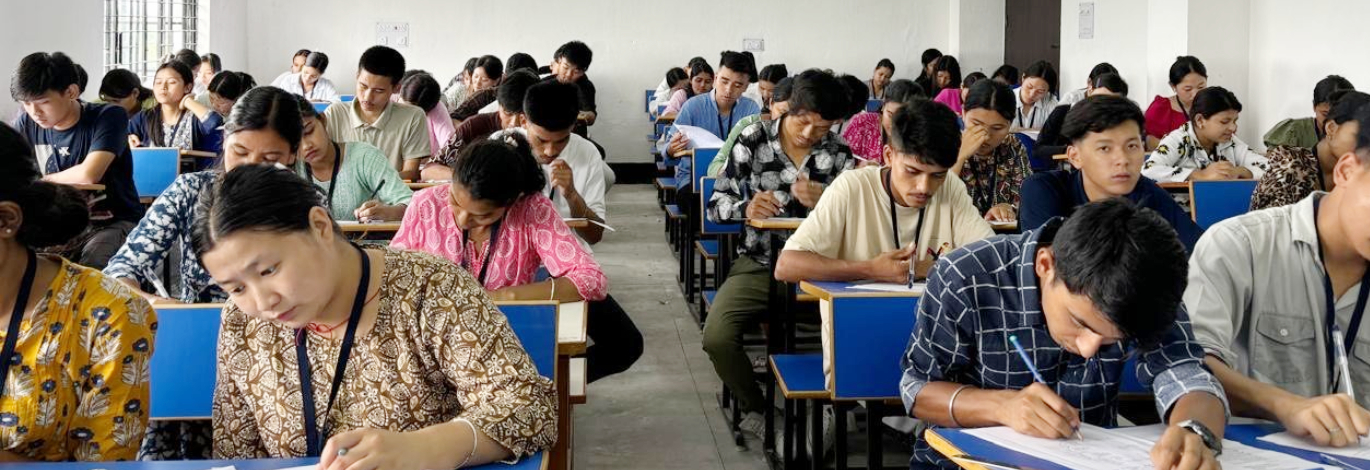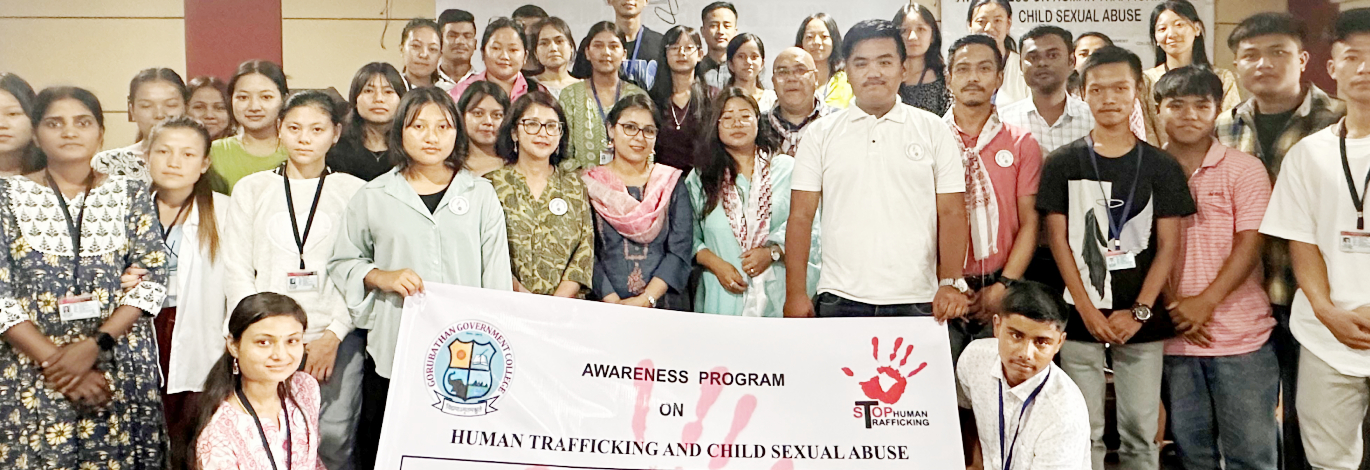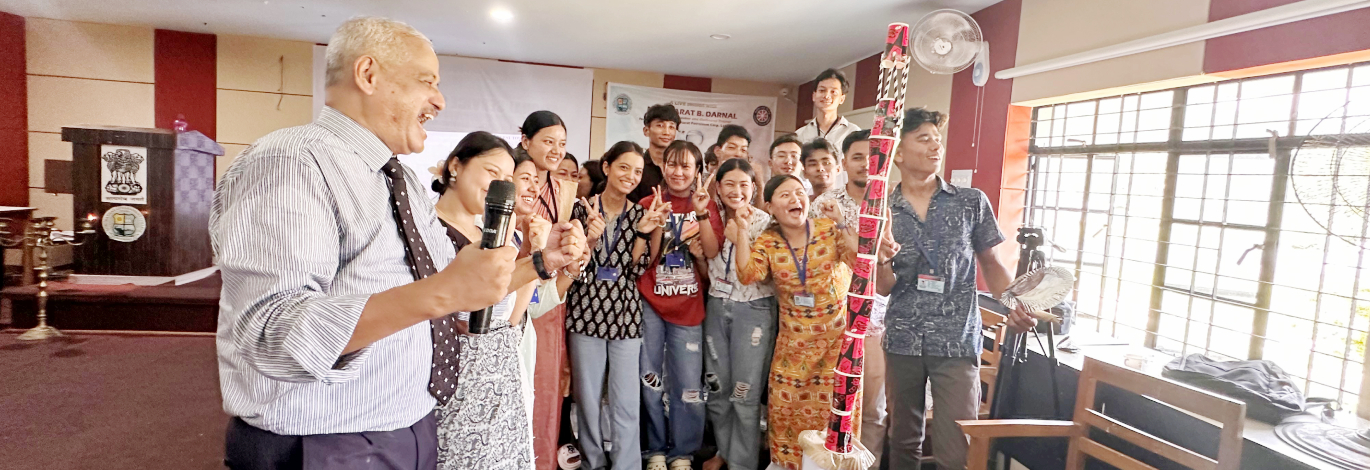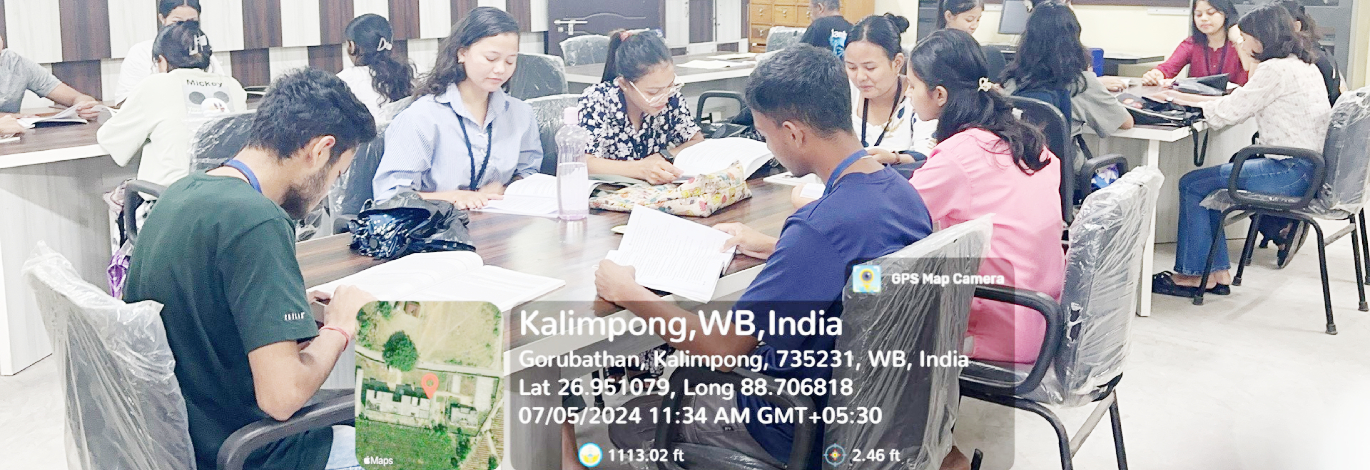

INTRODUCTION
The establishment of the Internal Quality Assurance Cell (IQAC) at Gorubathan Government College in 2022, aligning with NAAC guidelines, marked a pivotal step towards ensuring academic excellence and administrative efficacy within the institution. Led by a seasoned faculty member serving as its coordinator, the IQAC underwent reconstitution following the transfer of certain members, demonstrating its adaptability and commitment to its mandate. In its pursuit of fostering a learner-centric academic milieu conducive to robust teaching-learning dynamics, research endeavors, and transparent administrative operations tailored to stakeholders' needs, the IQAC endeavors to harmonize the efforts across various departments of the College. Central to its role is the cultivation of an environment where stakeholders are incentivized to fulfill their roles optimally. Through regular stakeholder interactions and systematic feedback mechanisms, facilitated by questionnaires, the IQAC collates vital insights essential for informed decision-making. These insights, deliberated upon in its meetings, serve as the cornerstone for identifying areas of improvement and implementing best practices.
Several key initiatives have been identified by the IQAC as instrumental in augmenting the College's operational efficacy. Foremost among these is the imperative to transition towards a comprehensive information management system, recognizing the pivotal role of accurate data in decision-making and daily operations. Furthermore, a decentralized decision-making framework, coupled with enhanced stakeholder engagement, fosters resource optimization and accountability across diverse units. The IQAC underscores the importance of proactive follow-up on stakeholder feedback, not only as a means to enhance functionality but also to bolster morale and engagement. Timely resolution of stakeholder needs is deemed essential to maintaining focus on core responsibilities, be it academic pursuits or administrative duties. Embracing a collaborative approach, characterized by consultation rather than unilateral directives, and employing subtle nudges over coercion, emerges as a preferred strategy for effective task execution.
A structured, iterative approach to planning and evaluation, commencing with the formulation of a meticulously prioritized action plan at the outset of each academic cycle, ensures accountability and efficacy. Continuous review and assessment throughout the year serve to validate progress and recalibrate strategies as needed. Moreover, the IQAC pledges its commitment to conducting a comprehensive SWOC (Strengths, Weaknesses, Opportunities, Challenges) analysis, safeguarding against complacency and harnessing the College's dynamic potential effectively. In essence, the IQAC at Gorubathan Government College epitomizes a proactive approach to quality assurance, predicated on stakeholder engagement, data-driven decision-making, and a culture of continuous improvement. By championing these principles, the IQAC endeavors to propel the institution towards sustained excellence in academia and administration alike.
STRATEGIES
IQAC shall evolve mechanisms and procedures for:
- Ensuring timely, efficient and progressive performance of academic, administrative and financial tasks
- The relevance and quality of academic and research programmes
- Equitable access to and affordability of academic programmes for various sections of society
- Optimization and integration of modern methods of teaching and learning
- The credibility of evaluation procedures
- Ensuring the adequacy, maintenance and functioning of the support structure and services
- Research sharing and networking with other institutions in India and abroad
FUNCTIONS
Some of the functions expected of the IQAC are:
- Development and application of quality benchmarks/parameters for various academic and administrative activities of the institution
- Facilitating the creation of a learner-centric environment conducive to quality education and faculty maturation to adopt the required knowledge and technology for participatory teaching and learning process
- Arrangement for feedback response from students, parents and other stakeholders on quality-related institutional processes
- Dissemination of information on various quality parameters of higher education
- Organization of inter and intra institutional workshops, seminars on quality related themes and promotion of quality circles
- Documentation of the various programmes/activities leading to quality improvement
- Acting as a nodal agency of the Institution for coordinating quality-related activities, including adoption and dissemination of best practices
- Development and maintenance of institutional database through MIS for the purpose of maintaining/enhancing the institutional quality
- Development of Quality Culture in the institution
- Preparation of the Annual Quality Assurance Report (AQAR) as per guidelines and parameters of NAAC, to be submitted to NAAC
BENEFITS
IQAC will facilitate/contribute:
- Ensure heightened level of clarity and focus in institutional functioning towards quality enhancement
- Ensure internalization of the quality culture
- Ensure enhancement and coordination among various activities of the institution and institutionalize all good practices
- Provide a sound basis for decision-making to improve institutional functioning
- Act as a dynamic system for quality changes in HEIs
- Build an organised methodology of documentation and internal communication
COMPOSITION
IQAC may be constituted in every institution under the Chairmanship of the Head of the institution with heads of important academic and administrative units and a few teachers and a few distinguished educationists and representatives of local management and stakeholders
The composition of the IQAC may be as follows:
- Chairperson: Head of the Institution
- A few senior administrative officers
- Three to eight teachers
- One member from the Management
- One/two nominees from local society, Students and Alumni
- One/two nominees from Employers /Industrialists/stakeholders
- One of the senior teachers as the coordinator/Director of the IQAC
Recent Announcements
- Address
Lower Fagu, P.O – Fagu, Gorubathan
Kalimpong, West Bengal, India - 735231 - Email ggdc.gbn@gmail.com
- Officer In Charge : +918101476023, 03552-255126 Website Convenor : +918420222866 Office Staff (Monal Rai) : +919679632120

